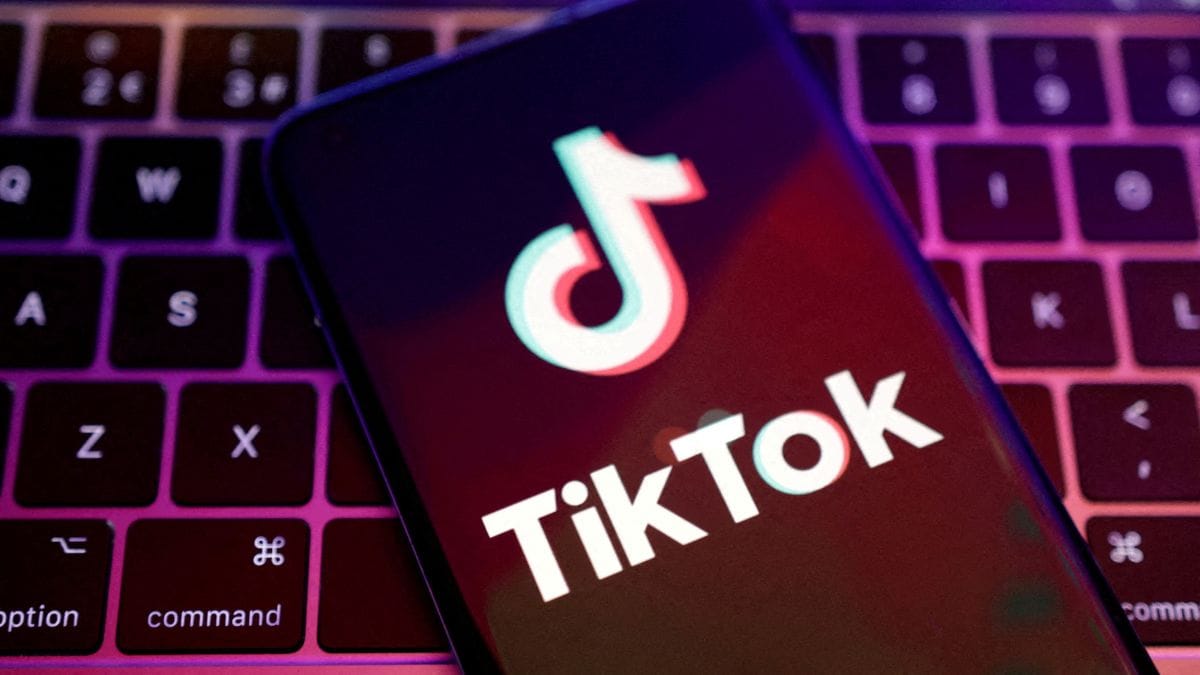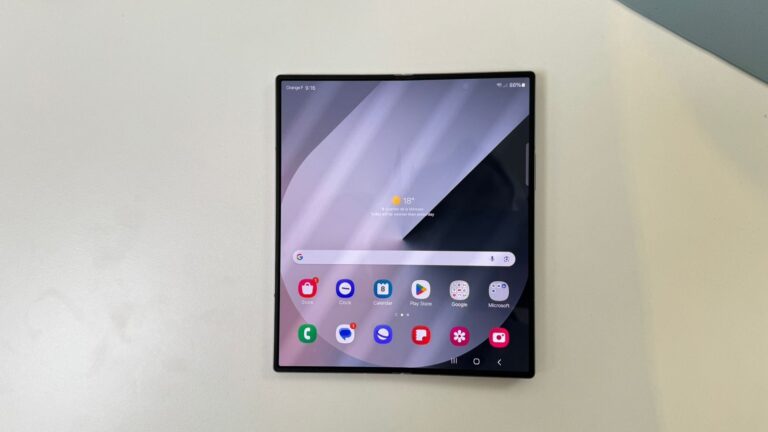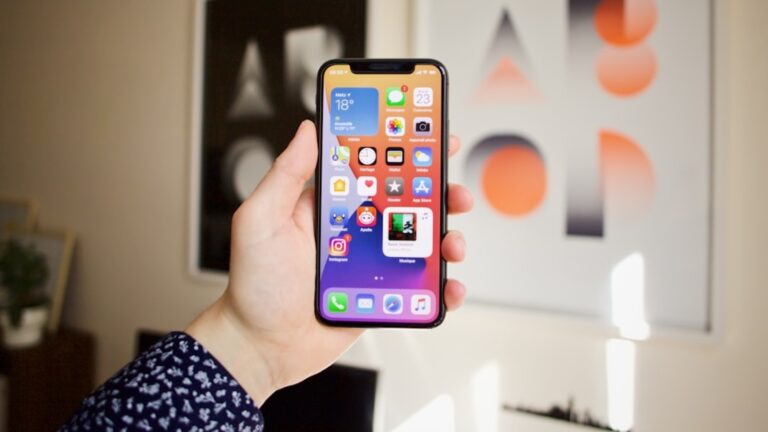TikTok, owned by the Chinese company ByteDance, was facing a full ban in January after it refused to sell the app to a US buyer. However, Donald Trump halted the ban after taking office in the same month
read more
The Trump administration has extended the TikTok ban in the US for another three months as the Chinese-owned app faces the dilemma of being sold or banned in the country.
“President Trump will sign an additional Executive Order this week to keep TikTok up and running,” White House Press Secretary Karoline Leavitt has said.
TikTok, owned by the Chinese company ByteDance, was facing a full ban in January after it refused to sell the app to a US buyer. However, Donald Trump halted the ban after taking office in the same month.
Leavitt said that the 90-extension in the deadline would “ensure this deal is closed so that the American people can continue to use TikTok with the assurance that their data is safe and secure.”
Earlier this year, Trump said at the time that a group of purchasers was ready to pay TikTok owner ByteDance “a lot of money” for the video-clip-sharing sensation’s US operations.
The US government under Joe Biden moved to ban the video-sharing app after it was found flouting safety rules. However, Trump has repeatedly downplayed the risks that TikTok is in danger, saying he remains confident of finding a buyer for the app’s US business.
The president is “just not motivated to do anything about TikTok,” said independent analyst Rob Enderle. “Unless they get on his bad side, TikTok is probably going to be in pretty good shape.”
TikTok “has become a symbol of the US-China tech rivalry; a flashpoint in the new Cold War for digital control,” said Shweta Singh, an assistant professor of information systems at Warwick Business School in Britain.
The US president had said in April that the US-China deal over TikTok would have been secured if the two countries had not disputed over tariffs. Meanwhile, ByteDance has confirmed talks with the US government, saying key matters needed to be resolved and that any deal would be “subject to approval under Chinese law”.
With inputs from agencies



















